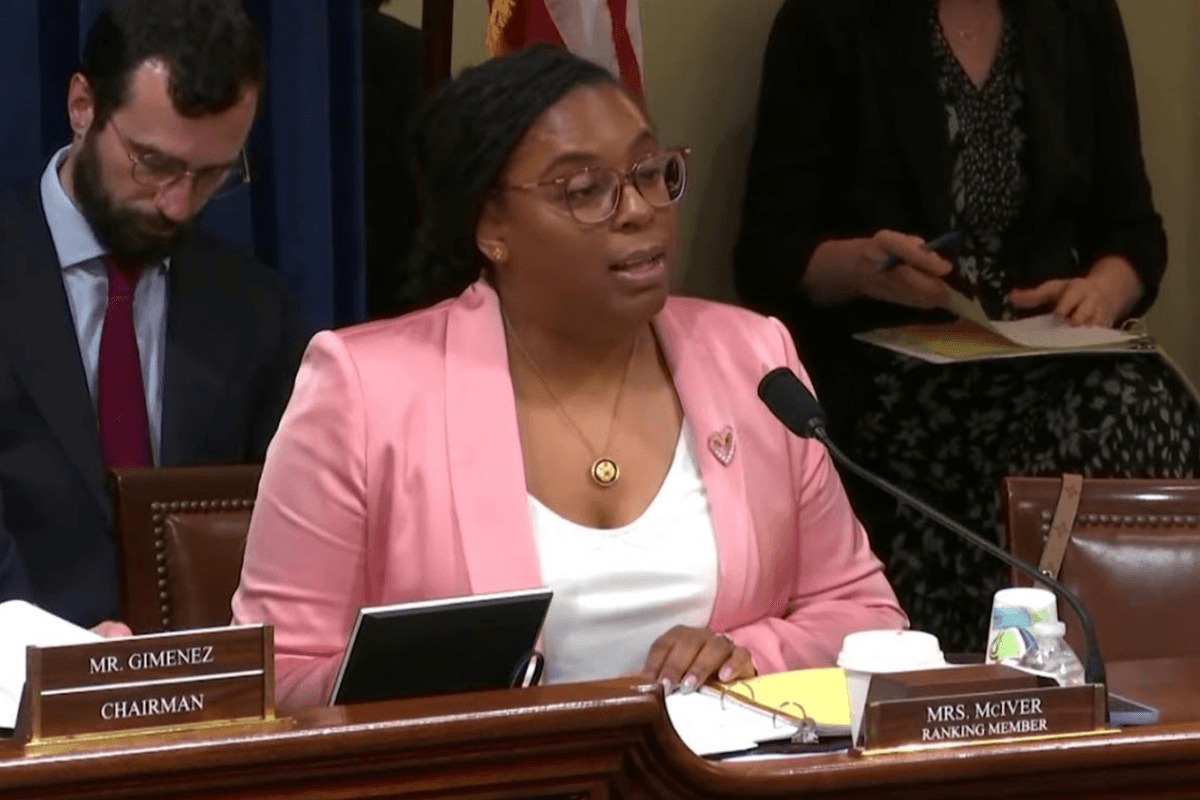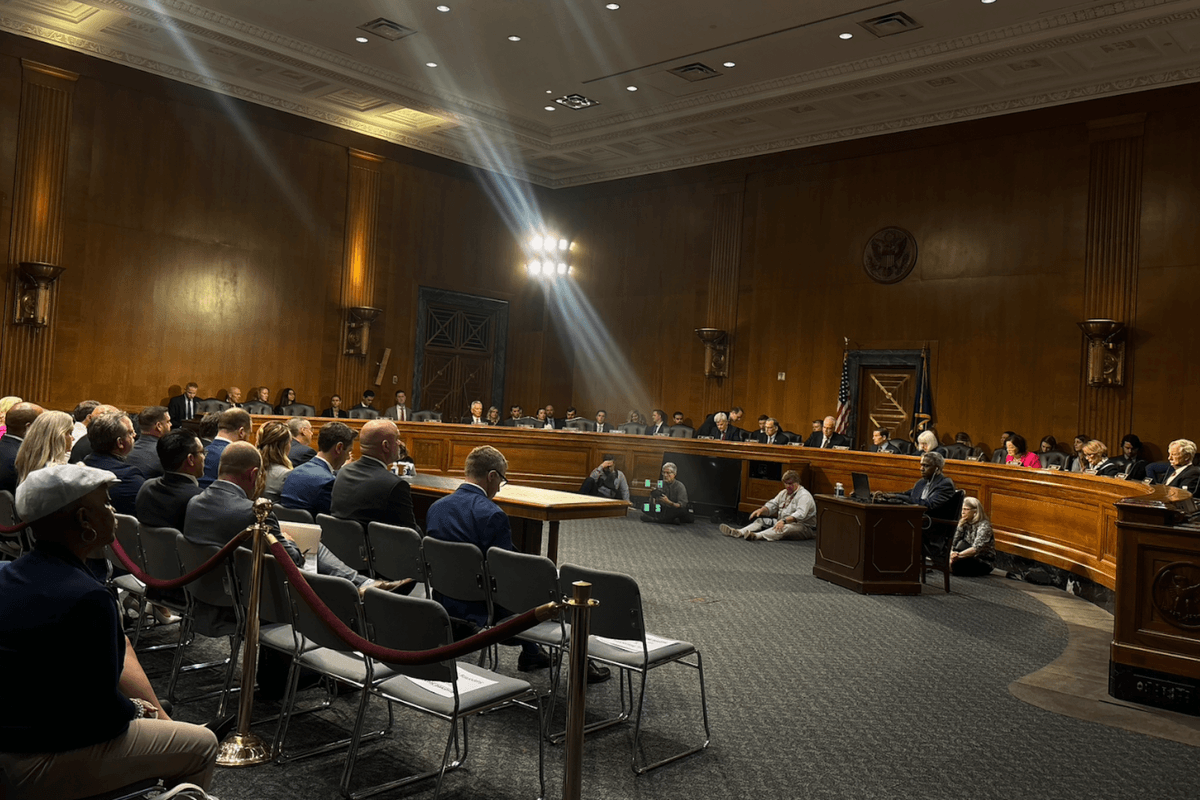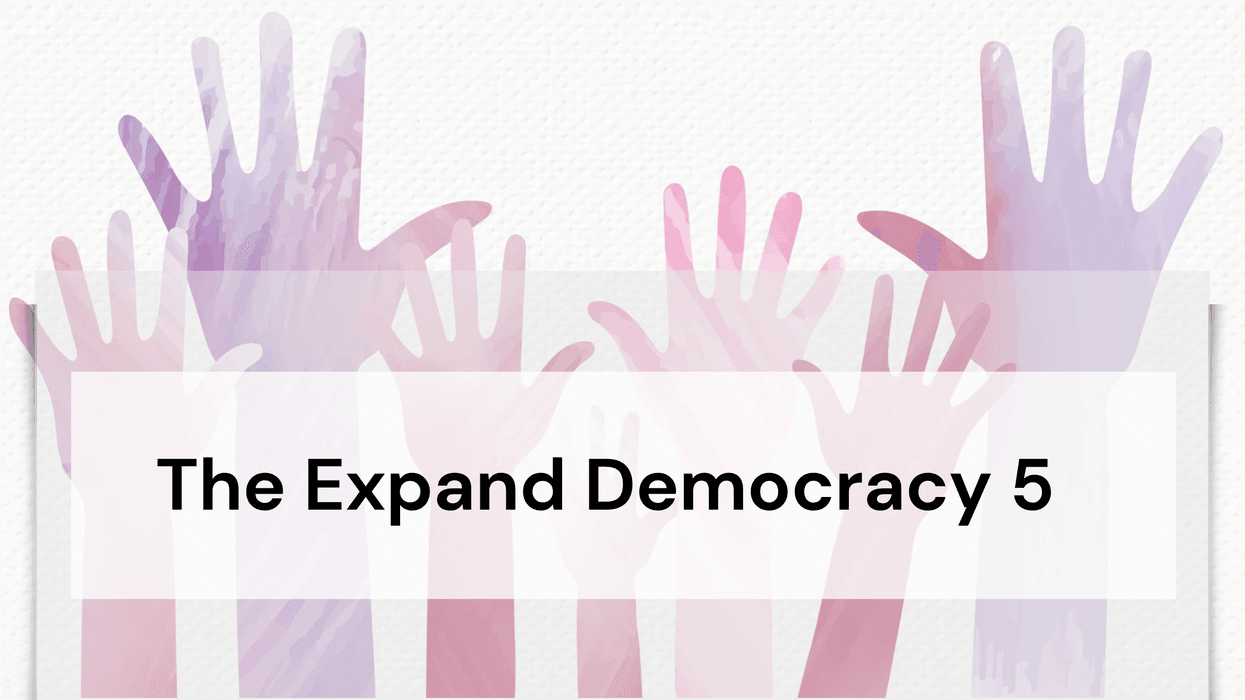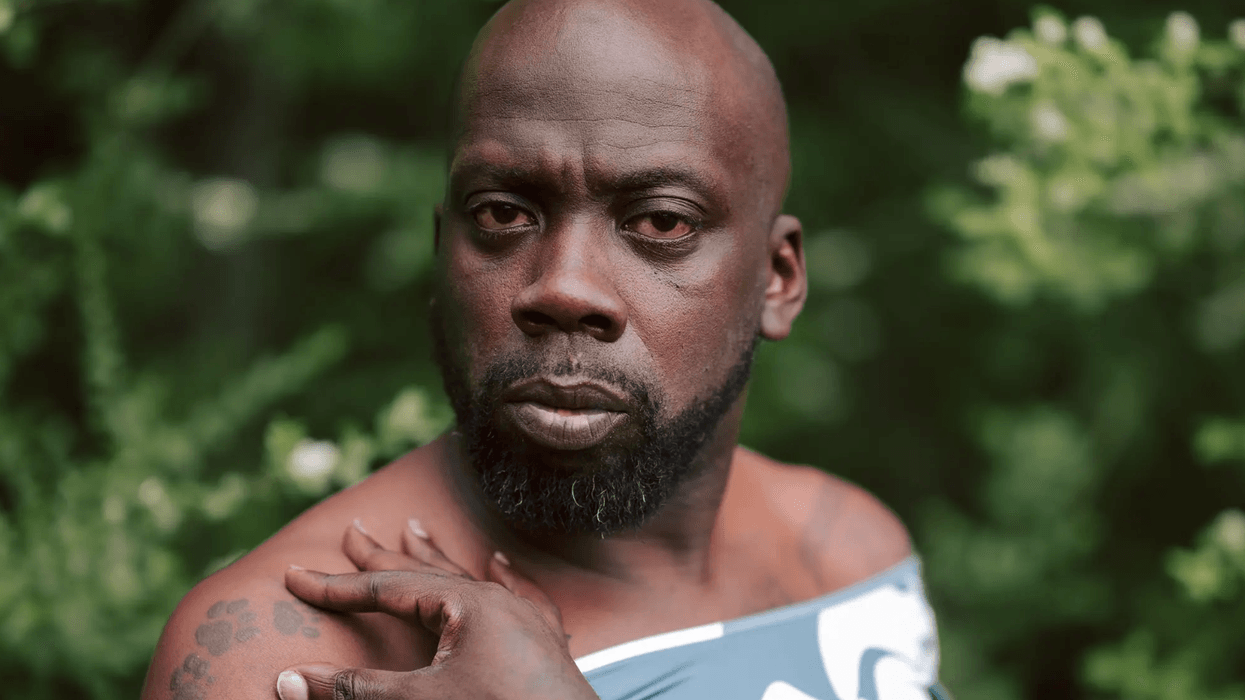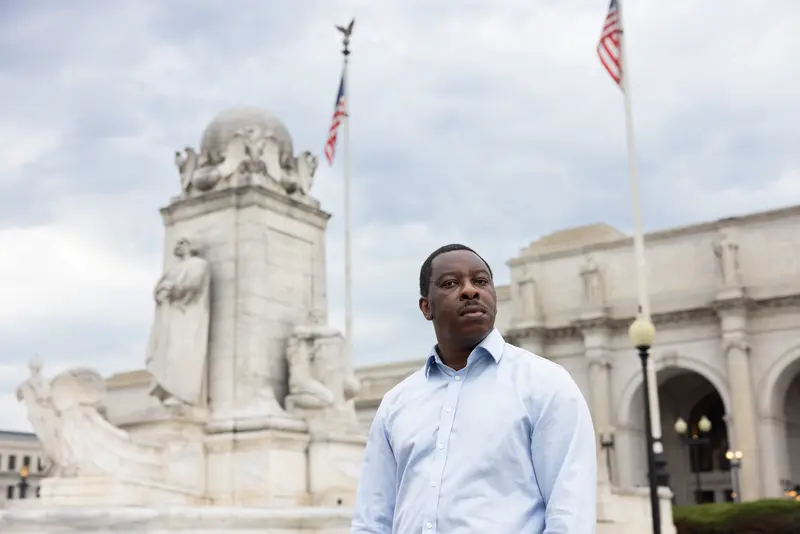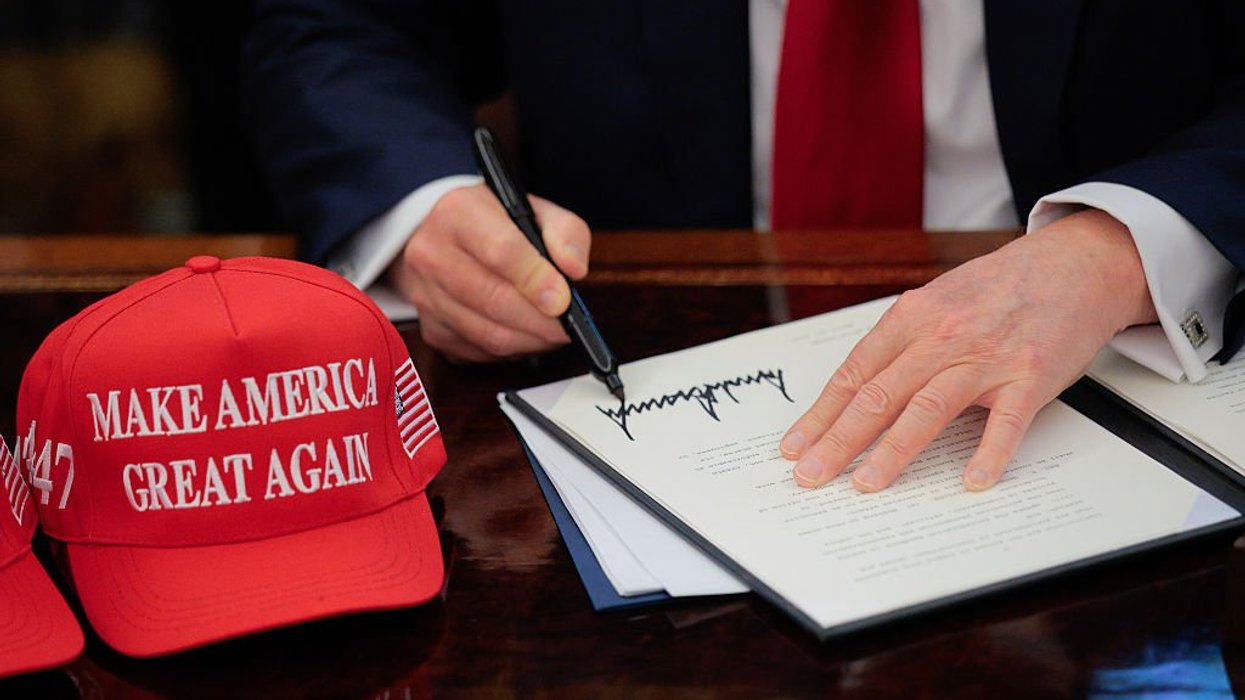Sheehan is professor of political science and international studies at Iona College and the author of "American Democracy in Crisis: The Case for Rethinking Madisonian Government" (Palgrave Macmillan, 2021).
Even before he took office, President Biden repeatedly expressed his commitment to proving to the world that our government works, that democracies are still vital and that they can deliver for their people.
As he said during his first joint address to Congress: "Can our democracy deliver on the most pressing needs of our people? ... America's adversaries — autocrats of the world — are betting it can't. ...They are wrong. And we have to prove them wrong. We have to prove democracy still works — and can deliver for the people."
It is a noble sentiment and a worthy goal, but to say it's a Sisyphean endeavor is an understatement.
The impossibility of the task stems not from any failing peculiar to Biden. The reason can be summarized in three words: it's the system. Or to borrow and butcher a phrase from James Carville circa 1992, "It's the system, stupid!"
The fact is, Biden can wish it, will it, even put the power of the presidency behind it — but he is no match for the constitutional system the Framers constructed and ratified 234 years ago.
Sign up for The Fulcrum newsletter
The system they created was designed with one overarching purpose in mind — protectionism.
Specifically, protection of liberties. It is important to recall that liberty is not just freedom in general, it's freedom from government.
But how to design and construct this system, which protects our liberties? The Framers found their answer in a treatise written 40years before the founding: Montesquieu's "The Spirit of the Laws." In it he argues that the best way to protect liberty is to divide power and he devises the innovative notion of trias politica (or separation of powers) to achieve this task.
James Madison followed Montesquieu's admonition with abandon. He not only adopted a scheme of separated powers, but he went much further implementing by checks and balance, bicameralism, federalism and the like.
The result was a system of government that "'worked" precisely the way our Framers wanted — which is to say very little.
As James MacGregor Burns puts it, for Madison government was "a necessary evil that must be curbed, not an instrument for the realization of men's higher ideals or a nation's broader interests."
Madison did not want people to turn too quickly to the government for help, he did not see it as an instrument for realizing ideals, broad interests or resolving problems. He saw it instead as a vessel that could protect us from majorities — tyrannical majorities who, in a free state, threatened to take control of the government and tyrannize the minority.
The minority population of greatest concern to Madison and the other Framers was the moneyed interests, of which they were members. Like John Locke, they felt that the principal factor that energized dangerous majority "faction" was unequal distribution of property and wealth.
This is not surprising because this was their experience under the Articles of Confederation. This is what the Framers saw happening at the state level just after the Revolution as poor farmers began revolting in western Massachusetts and the federal government was unable to put down their insurrection. These and other similar incidents frightened the Framers enough that they gathered in Philadelphia in the hot summer of 1787, determined to replace our first Constitution with one that was better able to protect liberty.
This is precisely why Biden's quest to prove to the world that our government can "work" is such a Herculean task. Our system wasn't designed to do anything of the sort — not to deliver, not to solve problems, not to work. It was designed to protect us from majorities that might threaten our liberties.
Biden's fight is not with Xi Jinping or Vladimir Putin, any more than its with Alexander Lukashenko, Nicholas Maduro or any other autocratic leader — it is with our Founders — the men who constructed our system.
To win this battle it is going to take more than will, guts and even the power of the presidency.
It is going to take engaging Americans in a conversation about whether the Framers' stated objective still serves our needs today. If not, what should the purpose of government be?
This will allow us to get to a much-needed conversation about what types of structural reforms are best able to achieve these objectives.
On the latter point, we are in luck. There have been great thinkers, going back to Justice Joseph Story in the 1830s and continuing to this day, who have offered plenty of rich reform proposals. The problem has been two-fold, as structural reforms are generally not a very "sexy" topic they have garnered little public attention and certainly not enough to drive any sustained efforts at amendment.
On the former, there is still little agreement amongst Americans today on what the object of our government should be. And that is where we should start because the purpose dictates the structure, which determines the possibilities.
If Americans want government to deliver in the way Biden suggests, then the current structure left untouched is not going to serve that purpose. The problem is, it's unclear if that is what Americans want or if they prefer the structure built by the Framers, which, stunningly, has not changed much since they adopted it more than 230 years ago.

